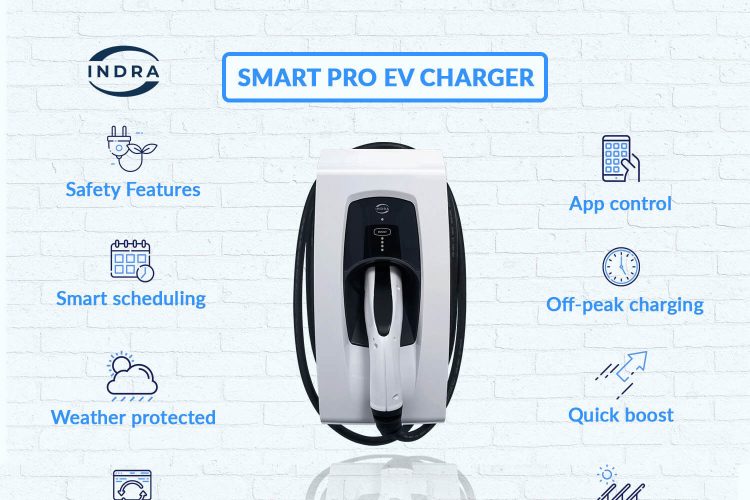
It is very clear that the UK government and UK private enterprise see a greener future as being vital to our society. The government’s Road to Zero campaign has inspired individuals and businesses alike to start to think about their emissions. However, despite many success stories and some very innovative projects, recent research has exposed some of the gaps in our plans.
The International Council on Clean Transportation says that, while it recognises home charging accounts for roughly 60 per cent of all charging, the UK’s network of 22,613 public and workplace chargers will need to vastly increase, to between 341,000 and 430,000 chargers by 2030. Without this expansion, our charging infrastructure will fall short of what is required to sustain the number of EVs on our roads.
If the current trajectory continues, we expect to see between 5.2 and 6.7 million ultra-low emission vehicles on the road by 2030. This would represent about 50% of the new car market. However, with around 15% of UK residents living in flats and over 20% living in rented accommodation, a significant proportion of EV drivers may not have access to charging points at home. This will lead to a great reliance on a robust and widely available charging network.
Scotland and London currently lead the way towards these targets, with around 25% of the charge points expected to be required by 2030. However, areas such as the Midlands, South Wales and Northern Ireland have fewer than 10%. That said, as well as increasing the number of public charge points available, the reliability of the network will also have to be improved to avoid frustrated drivers and a loss of efficiency.

The UK Government are already dedicating a large pot of money towards improving transport infrastructure, particularly for electric travel. A £70-million Government fund will see the number of public rapid electric car charge points in the UK more than double over the next five years, with 3,000 new units installed across the country by 2024. This funding comes as part of a wider £400-million package that aims to “bolster” Britain’s EV network by around 5,000 individual chargers. A Government review of charging provision across major road networks is also underway, with ministers keen to determine where charging hubs are best placed for motorists.
When all is said and done, when we are living in 2030, there is no doubt that electric travel will be a key part our lives. This not something that can be addressed last minute and all of us have a roll in making the transition as seamless as possible. We like to think that we are playing out part: installing chargers at homes, commercial premises and on streets.
If you would like to know more about what your can do to help with this process, please get in touch. A member of our technical team will happily answer any questions that you have. Call us on 0141 280 8890 or drop us an email at [email protected].
We also have a variety of platforms available with extensive information about electric vehicles (brite-ev.com), EV chargepoints (evchargepoints.com) and EV accessories (briteaccessories.com).






